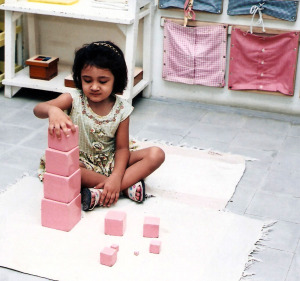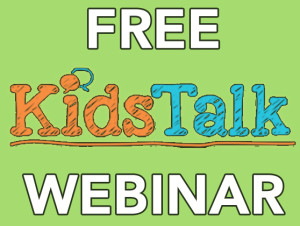
As human beings, the problem solvers, we need learning tools that will help us organize our thinking and actions, tools that help us with self-expression, tools that help us learn to problem solve while digging out facts and tools that help us prepare for performance of our goals and objectives.
In our current educational system, we have focused too long on testing for facts that are learned, forgotten in a few weeks, and are not foundational for further learning.
As parents and teachers we need to help our children learn to learn and have a set of learning tools that will serve them for all of their lives.
These tools are elemental and lead to the true goals of learning–individual independence and concentration.
Organizing thinking and actions.
Knowing how to organize facts into understandable bits of information is essential for success in any endeavor.
Basic ideas need to be presented in a clear, hands-on manner since research shows that we learn faster when we touch objects that give meaning to our learning. We might not be able to hold a porcupine, but touching a boar-bristle brush might convey meaning about that spiny animal, without having to be pricked by a porcupine.
The concept that all objects can be defined in two groups–living and non-living–can be introduced in a hands-on manner as early as three years old by having a basket of objects or pictures and letting the child sort the objects into two groups. Offering information in a manner that provides clear organization, along with deep time for the child to interact and think about the objects, is a vital learning tool.
Wise use of time is another organizational tool, but time management is a misnomer. What we need to teach is self-management. What tools do we need to help our children acquire in order to successfully manage their lives? Self-regulation, setting of goals and objectives, as well as understanding the difference of urgent, not urgent, important and not important tasks, are vital tools for learning how to think and act.
Self-expression.
Our children need to learn to express themselves effectively through as many media as possible. Talking, listening, singing, dancing, drawing, painting, sculpture, building, growing, cooking, questioning and problem solving only begin to describe the multitude of methods for human communication. The expression of knowledge, coupled with the need to be of service to others, is perhaps the best “test” of a person’s learning and abilities. We need to be watching our children’s growth and prepare places for them to make the next steps in their individual growth, not just academically, but socially, physically, and spiritually. Education is about the whole child and the whole person.
Problem solving.
Regurgitation of facts doesn’t help us figure out how to get the fox, the hen and the grain across the river. When we give our children problem-solving, “can-do” skills, we are offering them education for a lifetime of positive growth and change.
Performance.
Being prepared for real life–right now–is the biggest tool our children require in their toolbox. We wouldn’t expect our children to know how to drive a car without supervised practice. We too often expect our children to go off to college or a first job without mastery of essential life skills. 18-year-olds head off to college without knowing how to manage finances, do laundry, eat healthy, create a personal schedule, and much more. Our children’s education needs to offer common-sense tools of learning to take care of yourself, today, not sometime in the abstract future, in order to take care of others.
Education is not a holding of a million facts in your mind and spitting them back out quickly and accurately. Education is preparation for life by offering our children tools to organize their thinking and actions, to problem solve, to direct and manage their minds, their bodies, their hearts and their spirits, and to express their unique gifts in order to be of service to others.
Next: A New Grading System


One Response to “Students Need Learning Tools”